Your feet can reveal hidden health issues. Learn how changes in your feet might signal conditions needing attention.
Our feet can tell us more about our overall health than we might think. Changes in appearance, texture, or sensation can indicate underlying health issues that might need attention. It’s important to pay attention to these signs as they could signal a range of conditions, from nutritional deficiencies to more serious concerns.
Cold Feet Could Signal Circulation Problems
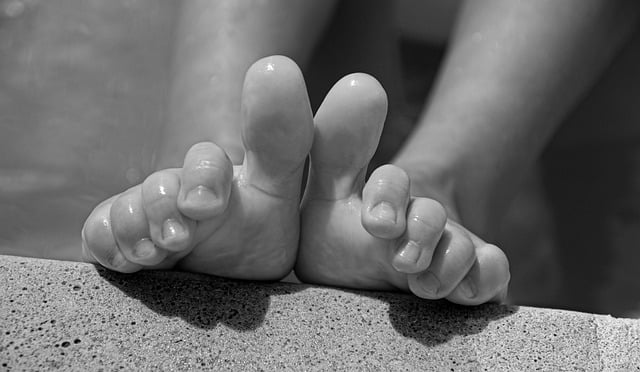
Consistently cold feet? It might be more than just chilly weather. Poor circulation could be the culprit, potentially linked to smoking, high blood pressure, or even heart disease. Another factor could be nerve damage from unmanaged diabetes, leaving your feet feeling perpetually cold.
If you’re noticing this symptom, it’s time to take action and consult a doctor to rule out any serious health concerns.
Foot Pain: Could It Be Stress Fractures or Osteoporosis?
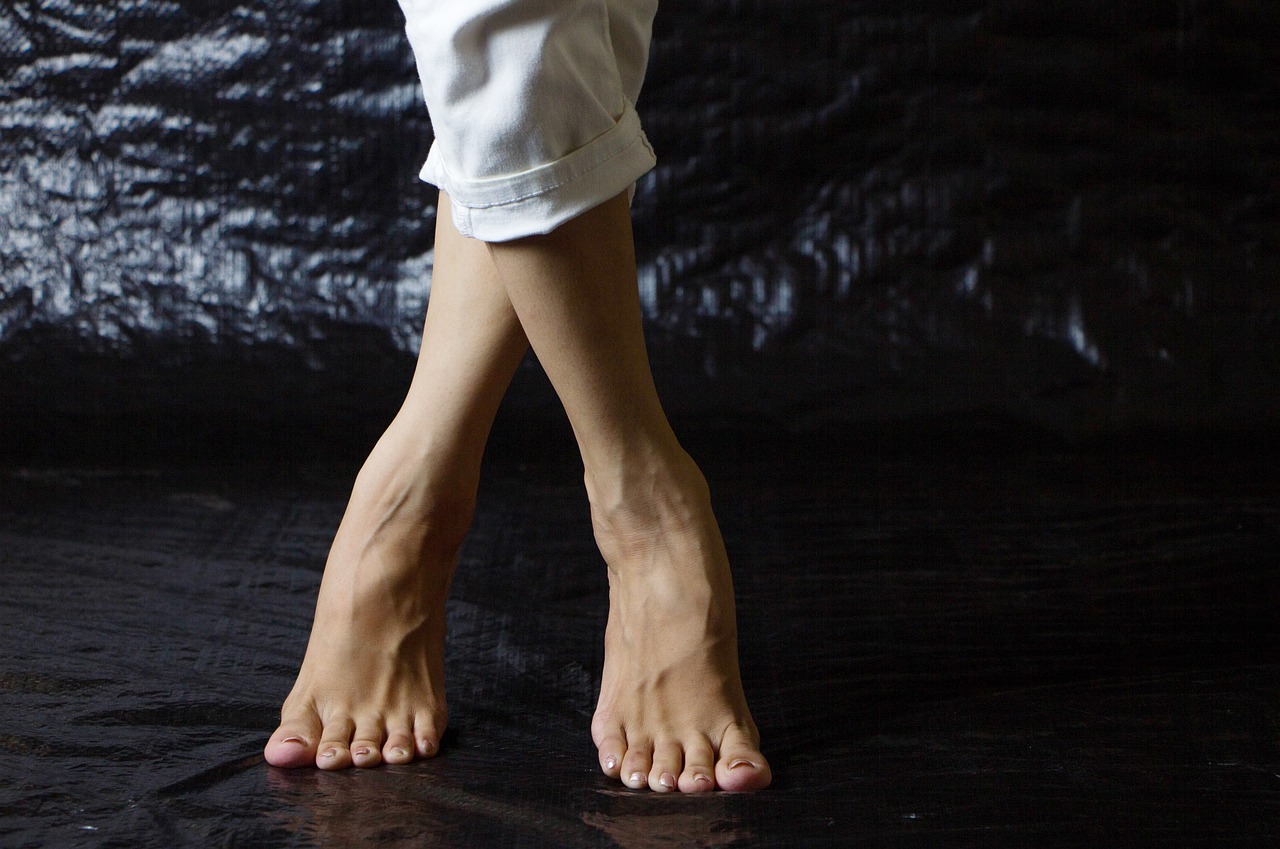
Foot pain that sticks around and isn’t caused by tight shoes might be a red flag. It could signal a stress fracture or weakened bones from osteoporosis. High-impact activities like running or basketball increase the risk of tiny bone cracks.
Ignoring the pain can lead to bigger problems, so it’s wise to get it checked out before it worsens.
Swollen Feet: Could There Be a Bigger Issue?
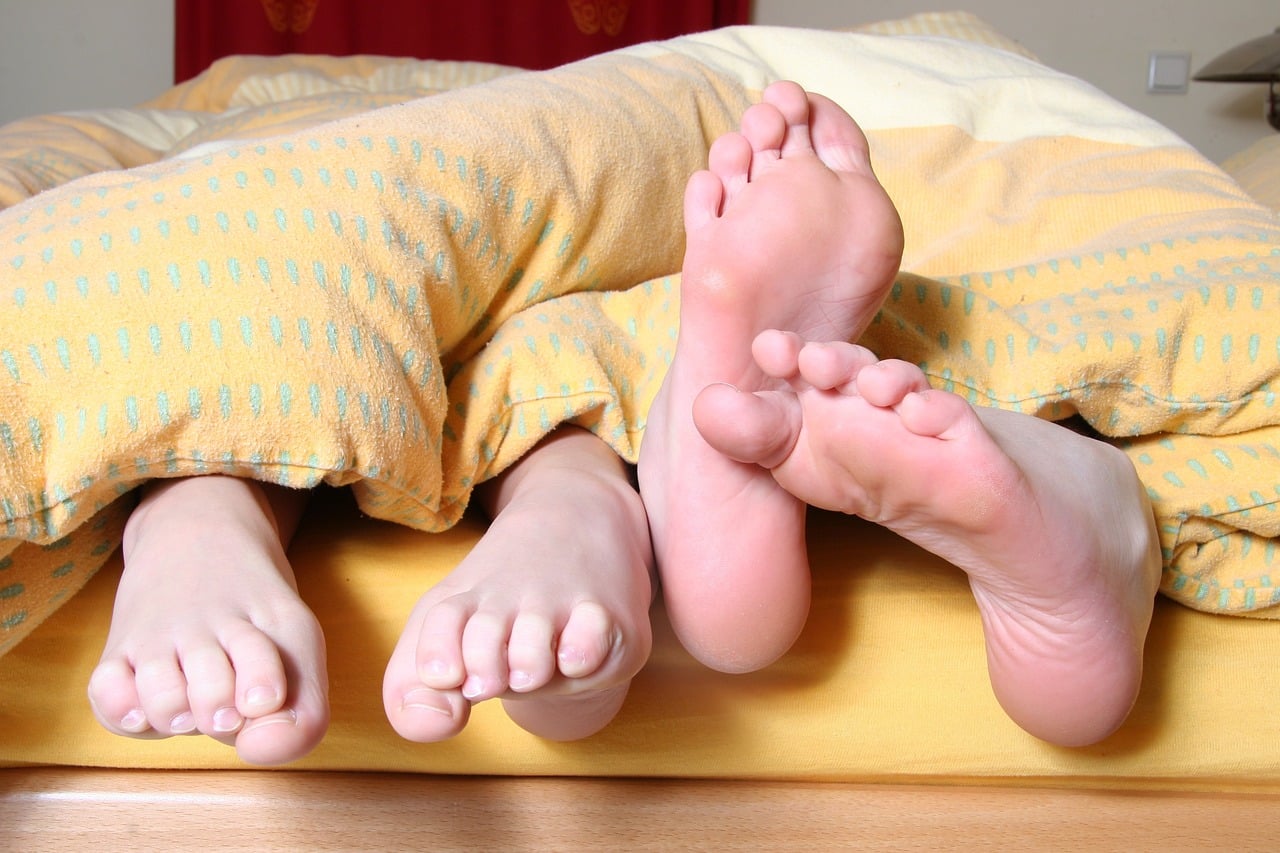
We all get swollen feet from standing too long or during pregnancy, but when swelling doesn’t go away, it could point to something more serious.
Poor circulation, kidney issues, or an underactive thyroid may be the underlying cause. Don’t shrug off persistent swelling—seek medical advice to avoid complications.
Burning Feet? It Might Be Peripheral Neuropathy
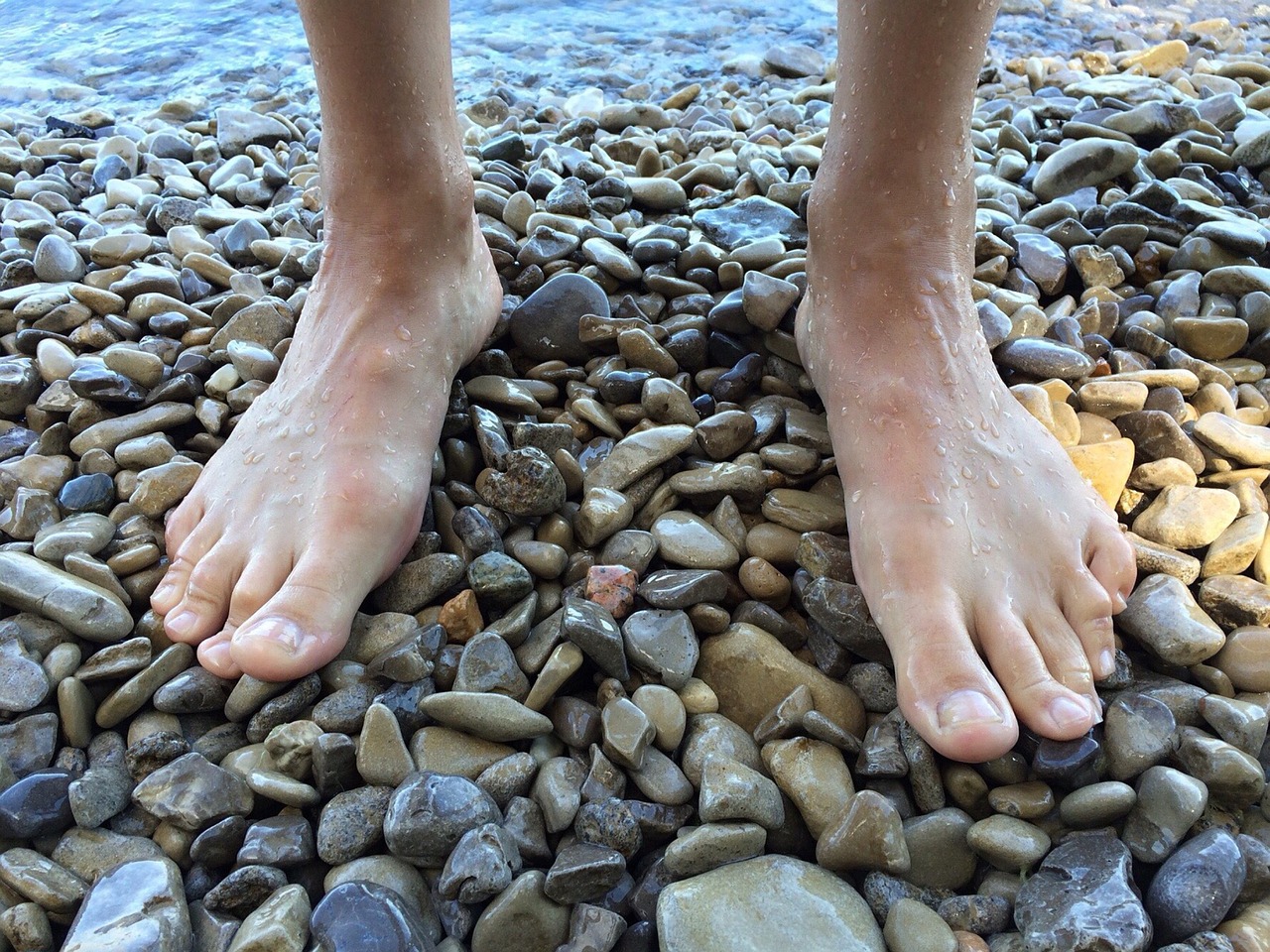
That burning sensation in your feet could be a sign of peripheral neuropathy, often associated with diabetes. But it can also stem from a vitamin B deficiency, kidney disease, or circulation issues.
Addressing the root cause with a healthcare provider can bring you much-needed relief from this painful symptom.
Dark Spots on Your Feet? Check for Skin Cancer
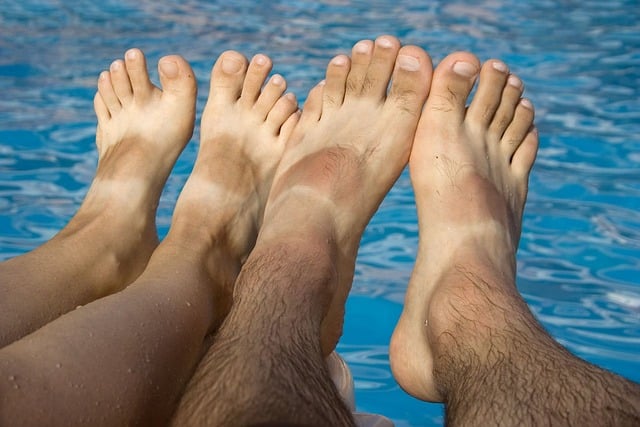
Skin cancer doesn’t just show up where the sun shines. Melanoma can develop on your feet—even under your nails. If you spot any unusual dark areas, don’t wait.
Early detection is crucial for successful treatment. A quick visit to the doctor could make all the difference.
Yellow Toenails: More Than Just a Fungal Infection
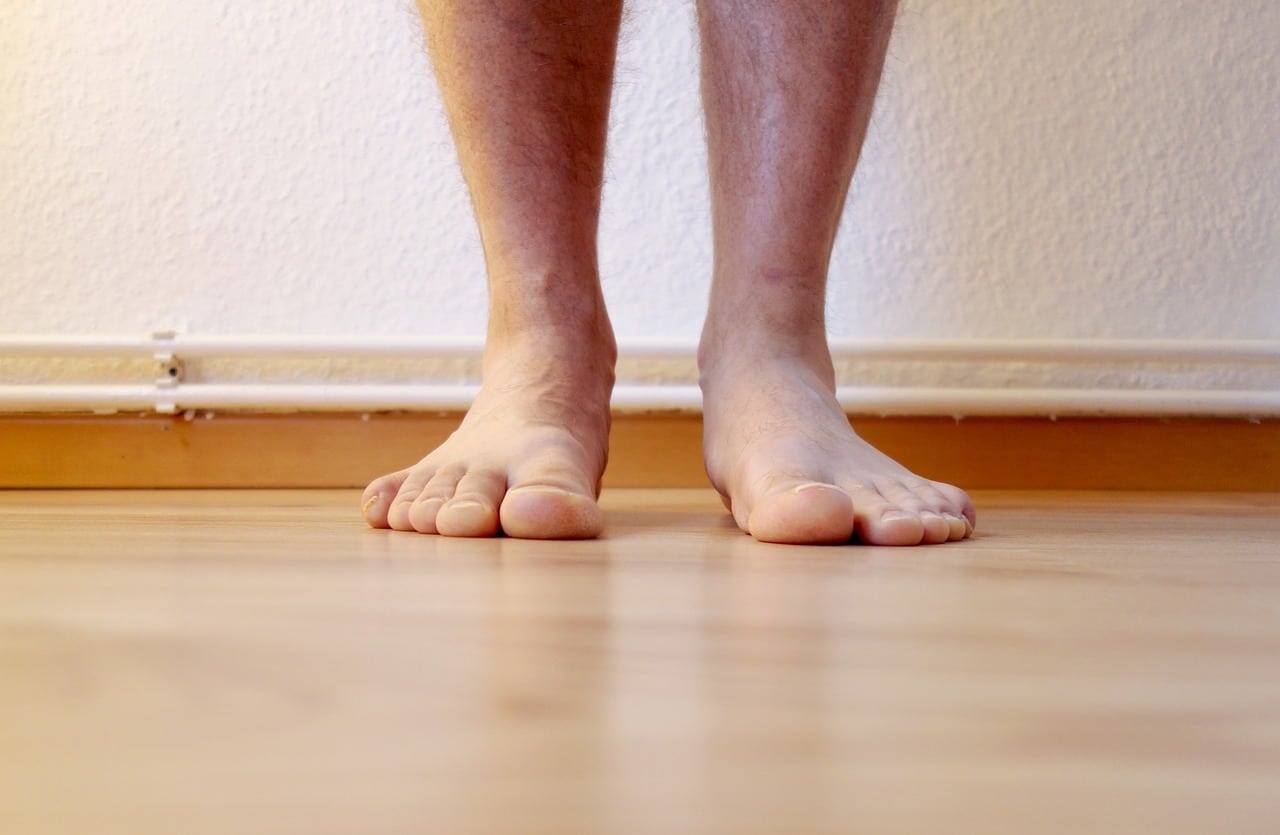
Think yellow toenails are just from a fungal infection? Think again. They can also be a sign of more serious conditions like lymphedema, lung disease, or psoriasis.
Keep an eye on any changes in your nails—it’s a window into potential underlying health issues.
Foot Ulcers That Won’t Heal? A Diabetes Warning
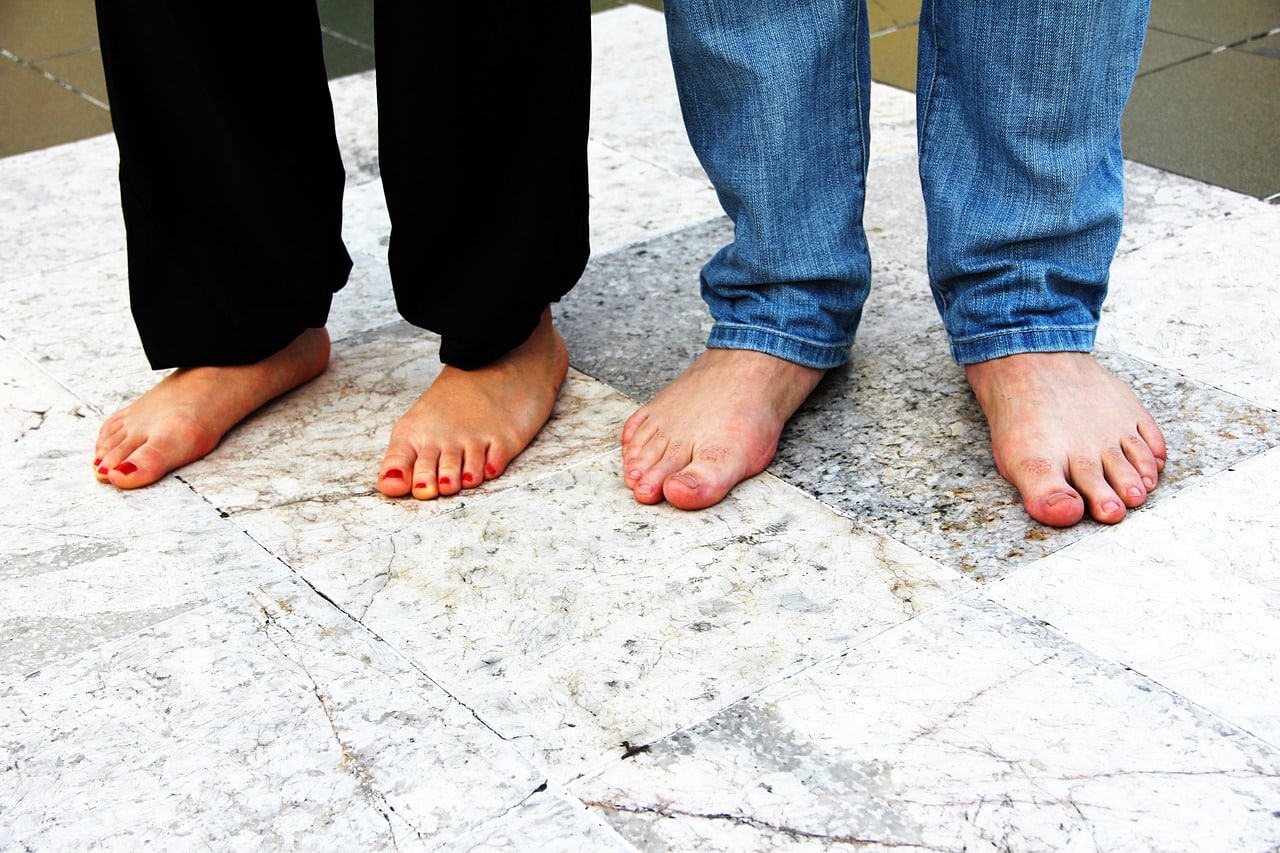
Struggling with a foot ulcer that just won’t heal? This could be a major red flag for diabetes complications.
Poor circulation and nerve damage make it hard for wounds to recover. Address this immediately to prevent more severe problems down the line.
Babinski Sign: Could It Be a Neurological Problem?
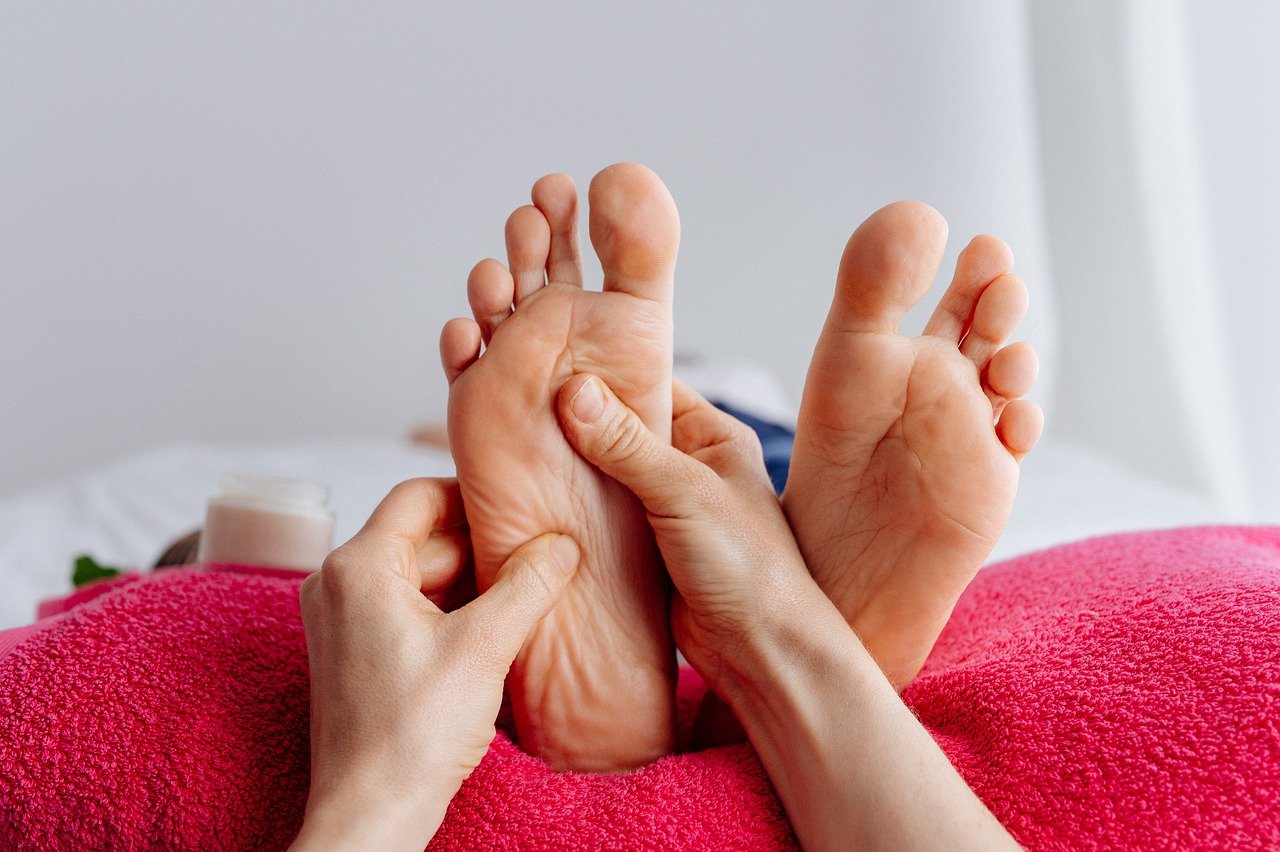
Have you noticed your big toe moving upward when the sole of your foot is stroked? This Babinski sign, common in infants, could spell neurological trouble in adults.
Conditions like stroke or multiple sclerosis might be at play. Don’t overlook this sign—get a professional’s opinion.
Claw Toes: A Symptom of Nerve Damage

If your toes are bending awkwardly upward at the base and downward in the middle, you might be dealing with claw toes, often caused by nerve damage from diabetes or alcoholism.
If untreated, this condition could require surgery. It’s best to act early and explore treatment options.
Red, White, and Blue Toes: Is It Raynaud’s Disease?
Raynaud’s disease causes your toes to change color—from white to blue to red—in response to cold or stress.
This sudden narrowing of arteries can also be tied to conditions like rheumatoid arthritis or thyroid issues. If this sounds familiar, it’s time to talk to a doctor.
Regular self-checks and medical consultations can ensure you stay on top of your health. If something doesn’t seem right, don’t hesitate to get it checked!
Source: viralstrange.com
